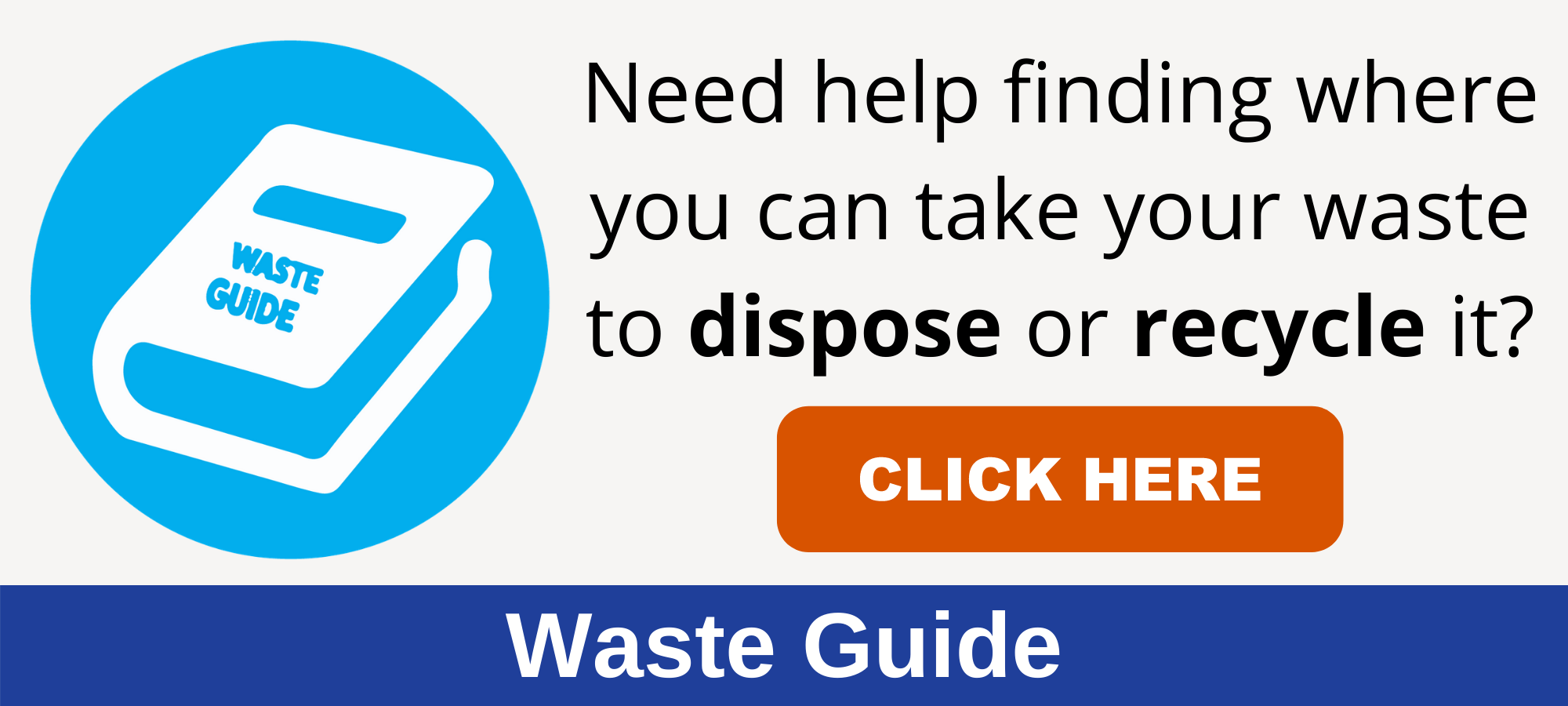
Batteries, Motor Vehicle (Lead Acid)
A battery is essentially a container full of chemicals that produce electrons. Chemical reactions that produce electrons are called electrochemical reactions. Batteries can leak strong corrosive liquids which can cause explosions or fire, and can burn skin and eyes on contact injuring solid waste workers. Batteries also contain chemicals and heavy metals which can harm the environment when improperly handled or disposed.
Lead acid batteries are a hazardous waste and must be recycled or disposed of at an approved facility. It is illegal to place lead acid batteries in the trash or to dispose of them at landfills, lakes, streams or the ocean. Abandoning lead-acid batteries on streets and parking lots or placing them in waste dumpsters also constitutes illegal hazardous waste disposal, and can be prosecuted under state law. The penalty can be up to $25,000 per occurrence. Riverside County landfills enforce prohibition of this waste.
Lead-acid batteries are broken down into two groups: Household generated lead-acid batteries and commercially generated lead-acid batteries.
Recycling Locations
- Residents ONLY
- All - Hazardous Waste Transporter
- All - Metal Recyclers
- All - Lead-acid Battery Retailers
Household Hazardous Waste Collection Facilities and Events **FREE**
The Riverside County Department of Waste Resources offers several outlets for Household Hazardous Waste (HHW), including motor vehicle batteries. This service provides residents of Riverside County a FREE and environmentally safe way to properly dispose or recycle household hazardous waste. Click HERE to download
Recycling Locations
Household Hazardous Waste Collection Facilities and Events **FREE**
The Riverside County Department of Waste Resources offers several outlets for Household Hazardous Waste (HHW), including motor vehicle batteries. This service provides residents of Riverside County a FREE and environmentally safe way to properly dispose or recycle household hazardous waste. Click HERE to download the HHW Flyer.
Most metal recyclers pay for lead-acid batteries. They will take either household or commercially generated lead-acid batteries. For a list of metal recyclers in Riverside County please check the yellow pages of your phone directory under “Recycling”. Additional recyclers in your area can be found at http://www.Earth911.com.
State law requires lead-acid battery retailers to accept old batteries when a new battery is sold.
This information above is offered as a public service in an effort to eliminate illegal and improper waste disposal. As the information may not be comprehensive, the Department encourages the public to research additional companies that are available for the services sought. The companies are not affiliated, endorsed or regulated by the Department. Accordingly, as with any professional service, please confirm the accuracy of the company’s information and request copies or verification of the company's license and/or permits to provide the service, prior to utilizing its services. Under no circumstances, directly or indirectly, shall the Department be held responsible or liable for reliance on this information. If you would like to include your company on the list, please contact [email protected] or call (951) 486-3200.


